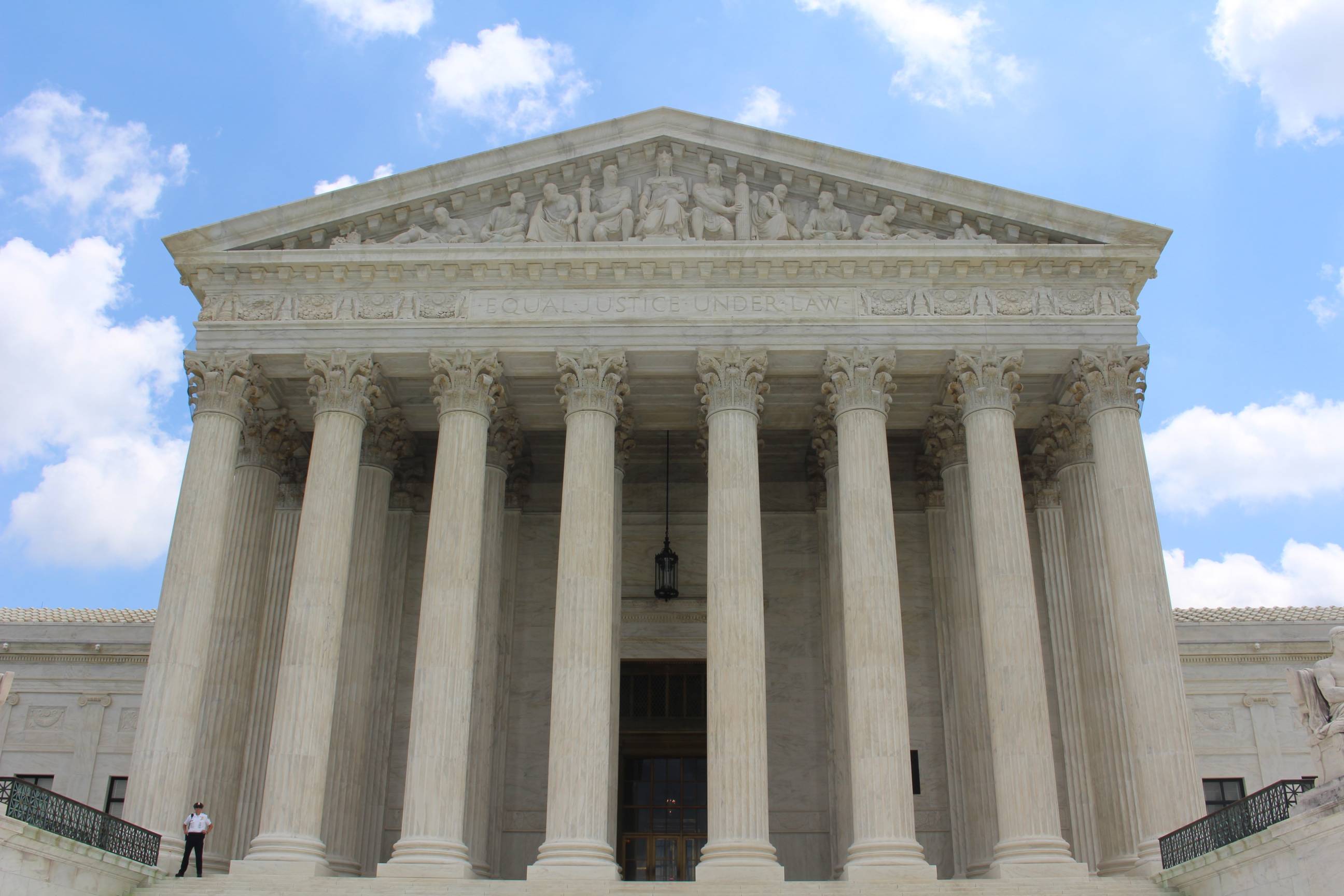Legal Requirements
All compensation services and policies must comply with federal laws and the agencies that enforce them.
This site outlines the main laws and federal agencies which guide our policies and services.

Laws
-
Fair Labor Standards Act (FLSA)
-
What is it?
The Fair Labor Standards Act (FLSA) is a federal law that establishes minimum wage, overtime pay eligibility, record keeping, and child labor standards. Learn more.
-
Criteria for exemption
All job classifications are designated either "Unclassified/Exempt" or "Classified/Non-exempt" in accordance with federal wage and hour regulations.
Federal laws provide tests for administrative, executive and professional exemptions. Both salary and duties criteria must be met in order for a job to be designated as "Unclassified/Exempt". View the FLSA checklist here.
Common to all exempt jobs is the freedom from immediate supervision, use of discretion, independent judgment, high levels of decision making and creativity in areas of particular importance to the organization or department.
-
Classified (Non-exempt) duties
A non-exempt classification indicates employees are protected by the provisions of the law, including overtime pay. Hours worked in excess of 40 per week are considered overtime. All employees classified as non-exempt must keep a record of hours worked.
Non-exempt duties include clerical duties or duties typically considered routine. Further, determining which procedures to follow or determining whether specified policies or practices are met are activities that require judgment but would not be considered exempt.
-
Unclassified (Exempt) duties
An exempt classification indicates that employees are excused from the overtime provisions of FLSA, meaning exempt employees are not entitled to receive overtime pay.
The laws for exempt designation stipulate that duties requiring discretion or judgment must be the primary focus of the job. This criterion is met if an employee spends more than 60% of his or her time primarily engaged in exempt duties.
Positions may be considered exempt if they fit under the Executive, Professional, Administrative, Highly-compensated or Computer-related criteria. For more details, download the FLSA checklist.
-
-
Workers' Compensation
The State Office of Risk Management (SORM) serves as the state's insurance carrier for this benefit. Please visit the Environment Health, Safety & Risk Management website for more information.
Federal Agencies
-
U.S. Department of Labor (DOL)
The DOL safeguards the working conditions, opportunities and rights of all employees. It enforces 180 federal laws and regulations and carries its mission through a number of offices and agencies.
-
Wage and Hour Division (WHD)
The WHD enforces federal minimum wage, overtime pay, recordkeeping, and child labor requirements of the Fair Labor Standards Act, as well as a number of employment standards and worker protections.
-
U.S. Equal Employment Opportunity Commission (EEOC)
The EEOC is a federal agency that promotes equal opportunity in employment and is responsible for enforcing federal laws that make it illegal to discriminate against an individual because of their race, color, religion, sex (including pregnancy, gender identity, and sexual orientation), national origin, age, disability or genetic information. Any form of retaliation against an individual who sheds light on any form of discrimination is also illegal.
The laws apply to all types of work situations, including hiring, firing, promotions, harassment, training, wages, and benefits.
-
Texas Workforce Commission
The Texas Workforce Commission is the state agency which provides unemployment benefits and workplace development services related to employment to eligible individuals and employers.
